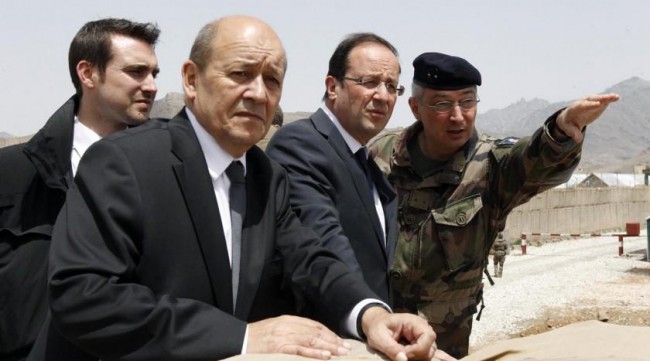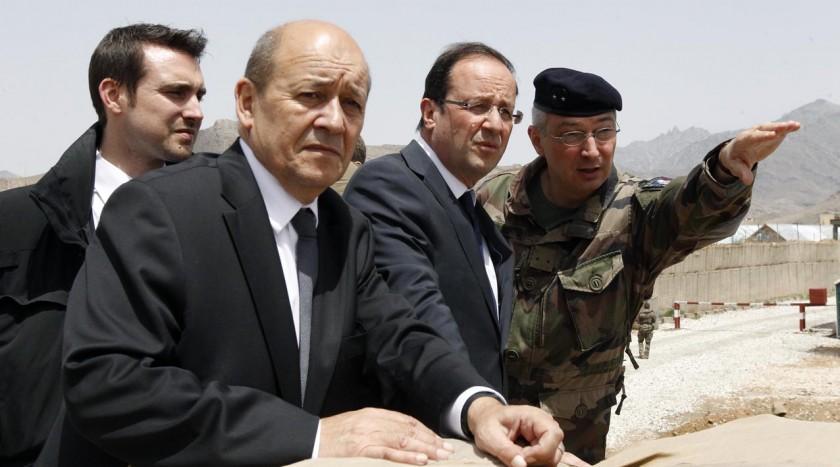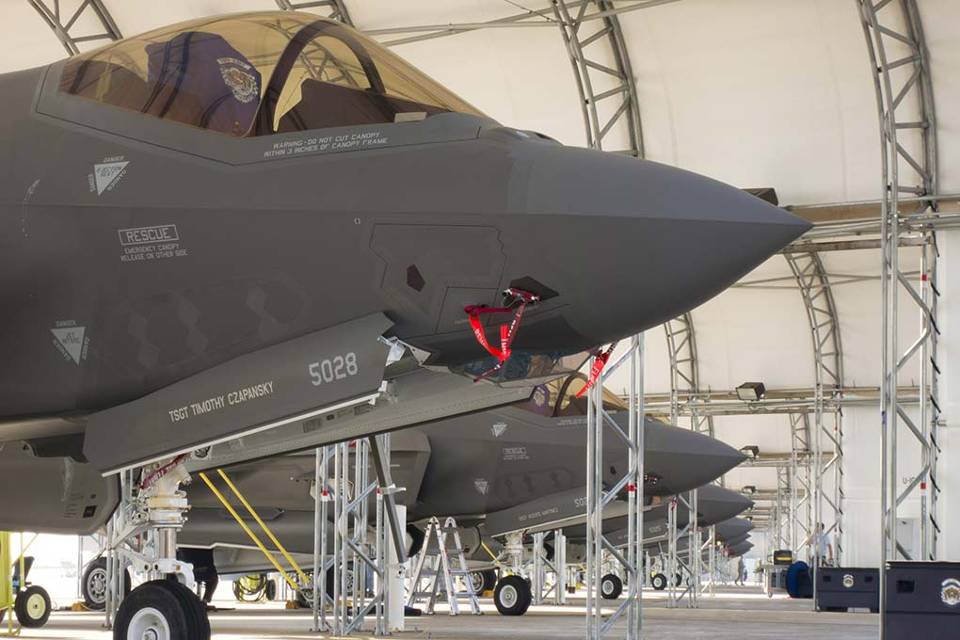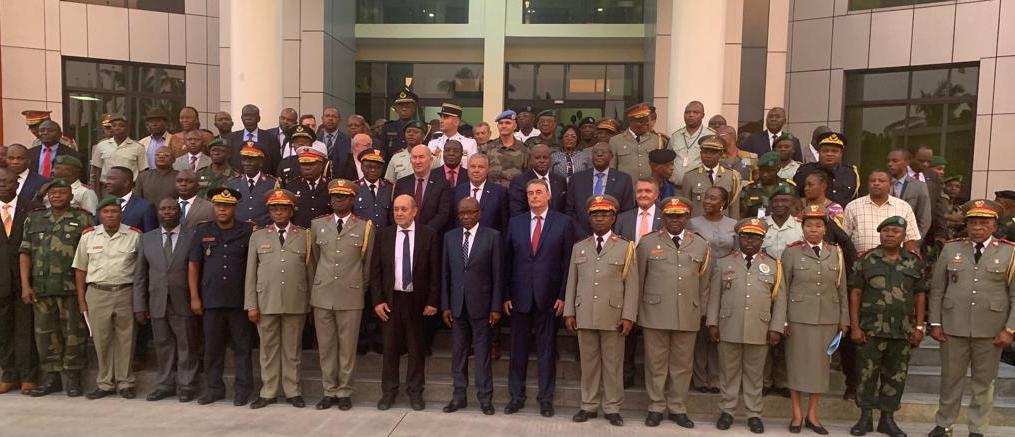The Le Drian effect

(B2) Jean-Yves Le Drian, the French defense minister, had promised to shake up defense Europe. With the force of the events that occurred in Paris on Friday (November 13), he chose to put his promise into action. By triggering the mutual assistance or mutual defense clause of Article 42.7, it triggers a wind of force 7. A small revolution, all the same, on a European scale.
A neglected clause
No one had ever thought one day that this clause, reproduced from the Treaty of Western European Union, and dating from 1948 (originally directed against Germany and then towards Russia), would one day find apply. Nobody had the slightest idea, even yesterday, of what the French could ask for or of the modalities of discussion. There has, in fact, been very little internal doctrinal work since its introduction into the Lisbon Treaty, even if only an interpretative note on how this clause can function (read our explanation: The mutual assistance clause. Origin, triggering, effects, limits (memo sheet)). In a world of procedures, we felt a little hesitant. The European authorities also seemed to have been notified rather late of the French request.
Back against the wall, in other theaters of operation
With this request, Jean-Yves Le Drian wants above all to put the Europeans at the foot of the wall, “ facing their responsibilities » as François Hollande explained in his speech to the Congress in Versailles, Monday afternoon (November 16) (Read: Terrorism. François Hollande rings the bells to Europeans and calls for more solidarity). He wants a little more than words of compassion but a firmer commitment on both a political and operational level. We need more involvement of Europeans on the military ground in Syria for example, but also in other theaters of operation where the French are engaged: in the Sahel (Mali, Niger, etc.), in the Mediterranean. France also wants to achieve a more effective financial solidarity system than today. Not all attempts to reform the system have failed but have made minimal progress.
Measures in the fight against terrorism
France also wants to raise awareness of the need for Europeans — the Member States but also the other European institutions (the European Parliament) — to move forward on certain legislative or operational measures in the fight against terrorism, in particular on the exchange of information. Incidentally, the opening of this clause allows us to move towards recognition of an exemption for exceptional circumstances from the rules of the Stability Pact.
The Le Drian method
Discreet on the outside, even silent, the French Minister of Defense does not mince his words internally. He had said this on several occasions to European ministers and institutions (Also read, on the “Le Drian method: When a Breton shakes the European coconut tree, it gives this). Without much result. Today events prove him right. He said it again this Tuesday in Brussels: we can't wait any longer. We must act. France cannot stand alone. And his speech, pragmatic but without denying his convictions, is starting to pay off. Stubborn… in a good way.
(Nicolas Gros-Verheyde)
Read the minutes of the meeting: The mutual defense clause activated. The allies are mobilizing. A historic first
and our memo sheet: The mutual assistance or defense clause. Origin, modalities, usefulness, limits (memo sheet)



